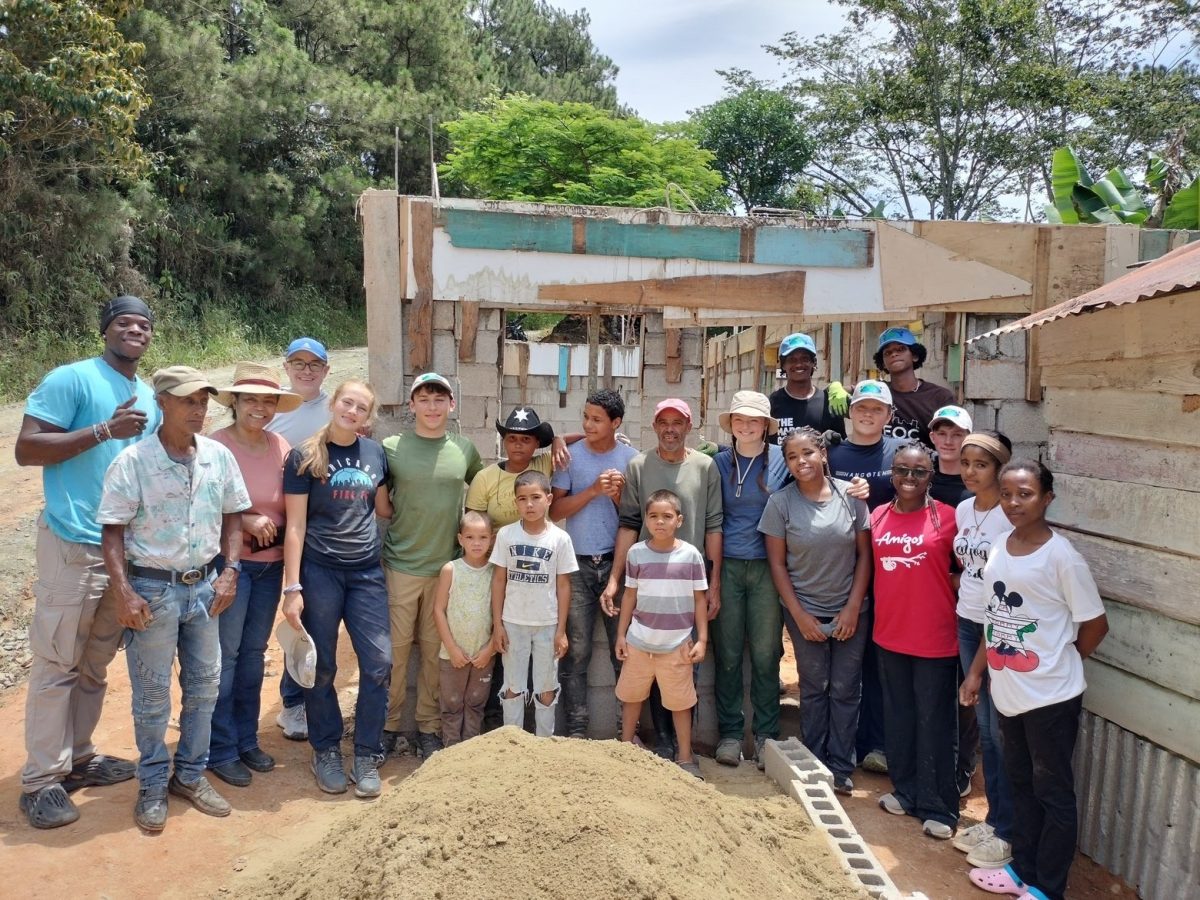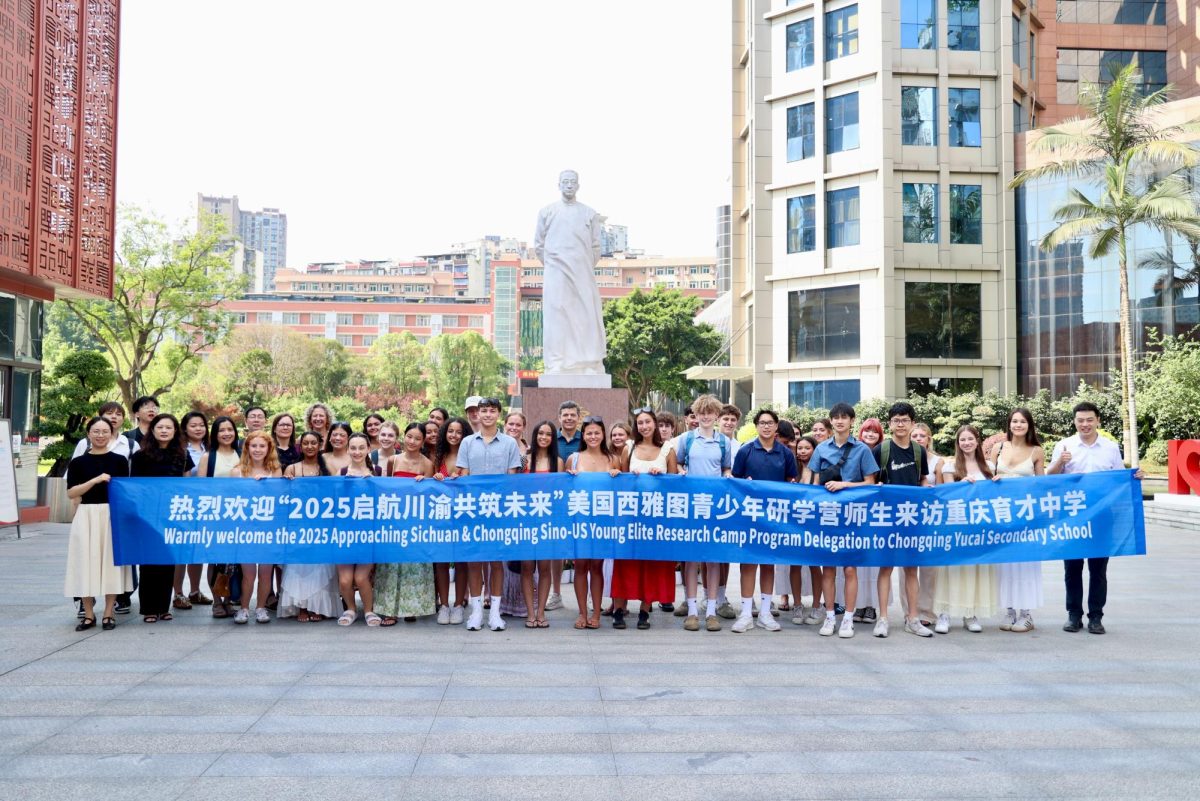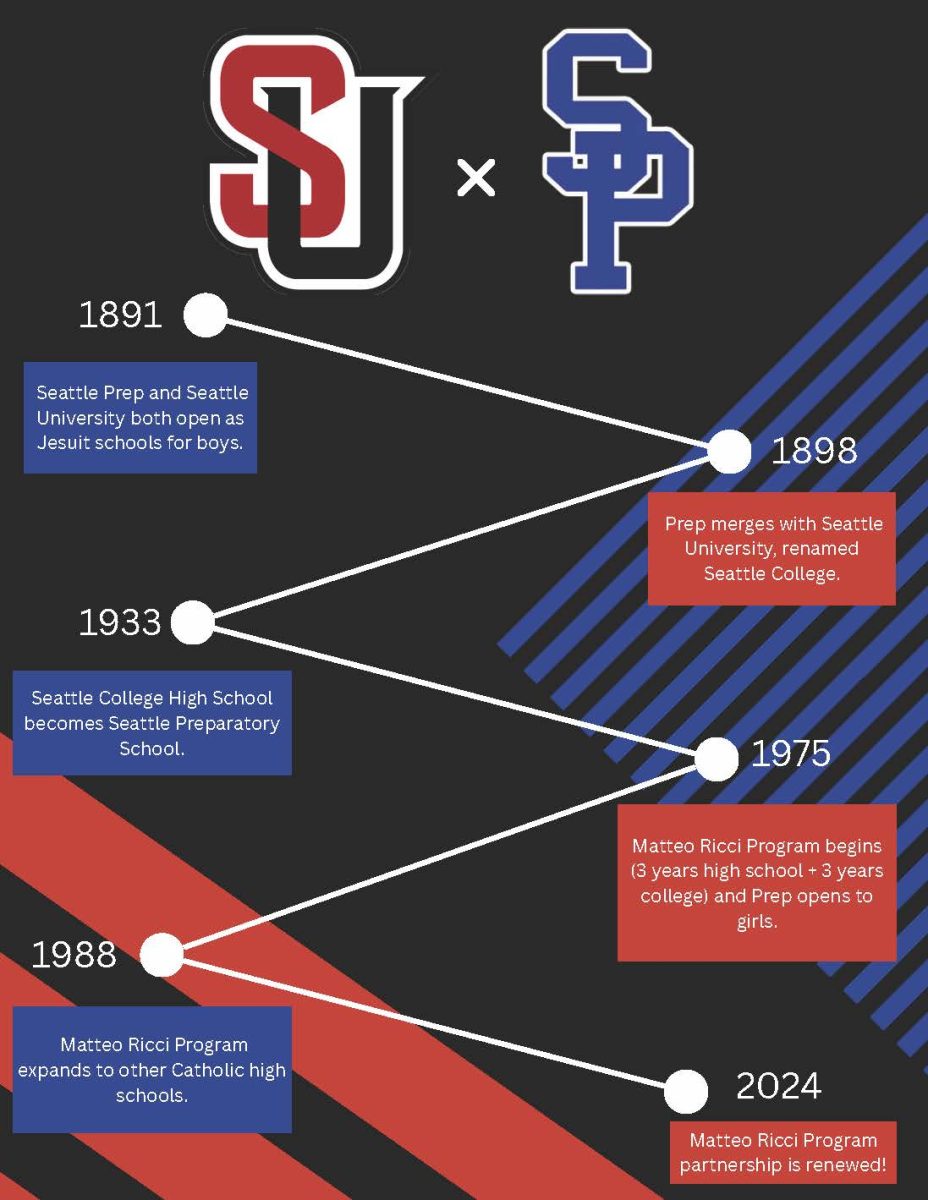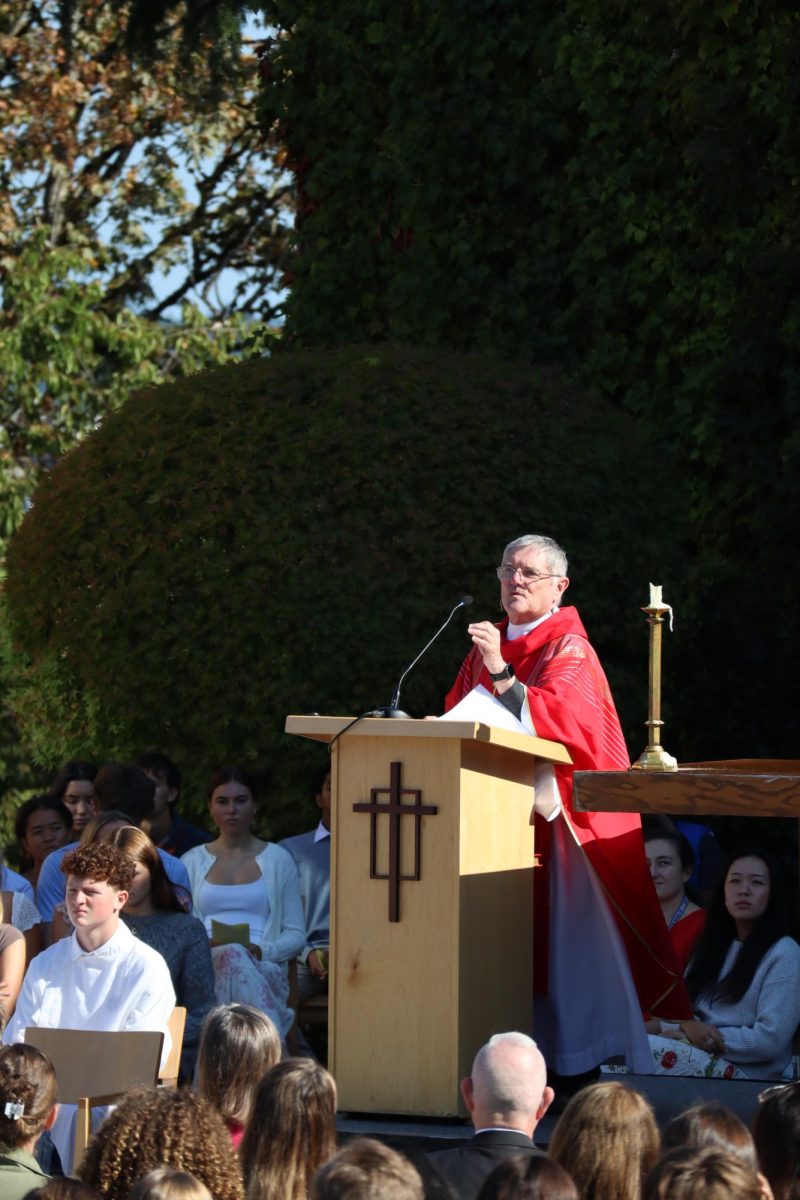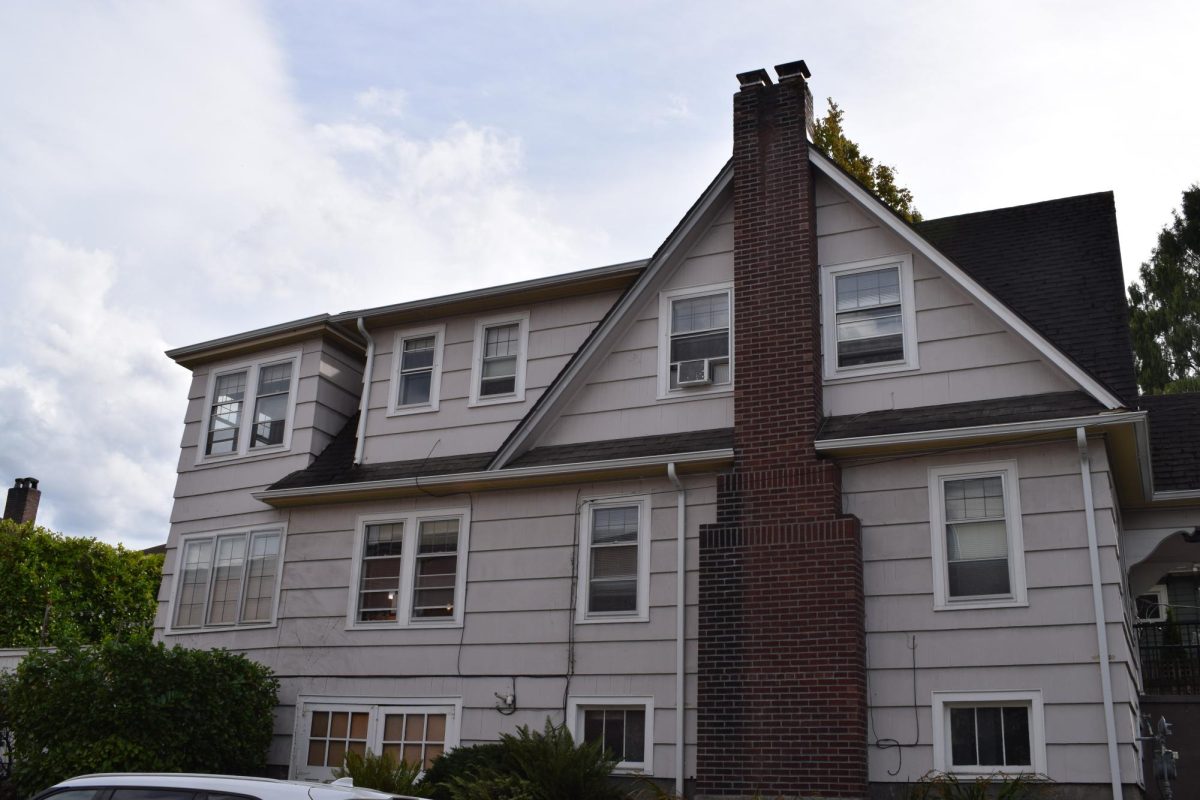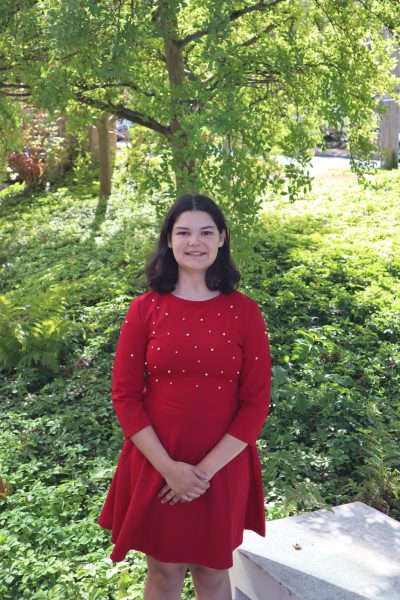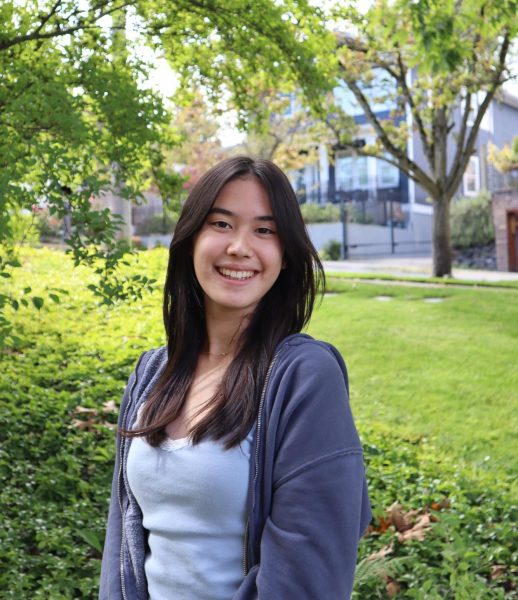Beep! Beep! Beep! An arm reaches over to the side table. Click. The alarm goes quiet. Eyes squint as they try to read the blurry red letters on the alarm clock. It’s time to wake up for school. I ignore my alarm clock and fall back asleep. Ten minutes later, I wake up. School starts later today, so I leisurely trot upstairs in my pajamas for breakfast. My hands grasp the cereal box and milk. I pour them both in my bowl and make my way to the dining room table. As I was eating my breakfast, I thought about how teachers are already at school.
Late-start Wednesdays are not the only time that the staff has to come to work while students are at home. In-service days are also situations when teachers are hard at work while students enjoy a day off. During this time, teachers participate in meetings, presentations, and professional development activities.
Mrs. Kramer, the Assistant Principal for Teaching and Learning and a theology teacher, explained that during meetings the teachers “… do something called curriculum design, where they’re making sure that they’re coming up with new and cool ways to teach. They might have a unit or two, or even a whole class that they’re going to change their curriculum for.”
The purpose of these redesigns is to keep lessons up to date. A recent example of a redesign is the freshman Collegio. Teachers updated the course to include more diverse authors and characters within the novels students read.
Meetings also give staff members the opportunity to brainstorm ideas and ask their colleagues questions. Faculty meetings are often held between staff members in the same departments. However, Collegio teacher, Ms. Slack, says “Sometimes they like to mix it up and put us with groups that are multi-departmental”.
This allows the staff to collaborate with other members of the faculty whom they would not typically work with. The goal is to ultimately create a tight night community within the faculty at Prep.
In addition to small meetings, faculty members often engage in large group presentations. These presentations can have a wide range of topics pertaining to education and are sometimes given by guest speakers.
Kramer added that in an upcoming presentation, the school is “having a professor from Stanford come … to talk about student wellness” and how the staff can “teach in ways that are responsive to the wellness needs of students”. Presentations like this help the staff to improve their teaching methods by better understanding what students struggle with. This will allow the staff to work on giving students the best education possible.
Music teacher Mr. Weeks described professional development as “teachers getting training on something or learning some new kind of technique.” Teachers need professional development to better understand their students and how they learn.
Slack said “In-service days are when the bulk of our professional development takes place. We don’t have a ton of time on those late start days to dive into anything too deep.”
Slack added “We have speakers come, we’ll do something on technology, or we’ll do something on certain ways of teaching or things to keep up with the best practices. We also will do faith-based things. So, we’ll have a prayer service.”
The teachers do other activities besides meetings that have a purpose. For example, they keep up with technology just in case a new tool in One Note or Word comes out that makes students’ assignments easier.
Sometimes the staff find it hard to come into work on in-service days because students get to spend the day at home. However, in-service days and the extra hour and a half on late start days are very valuable to the staff because it provides them with extra time to work with one another. When asked about this Slack said, “It’s super helpful for continuing to grow as an educator, but also to connect with my colleagues on different topics”.
All the faculty and staff at Seattle Prep work their hardest to give students the best learning experience they can get. In-service days and late start days are crucial to teachers because they can work on improving their curriculum, learn more about students, and create stronger bonds with one another.


